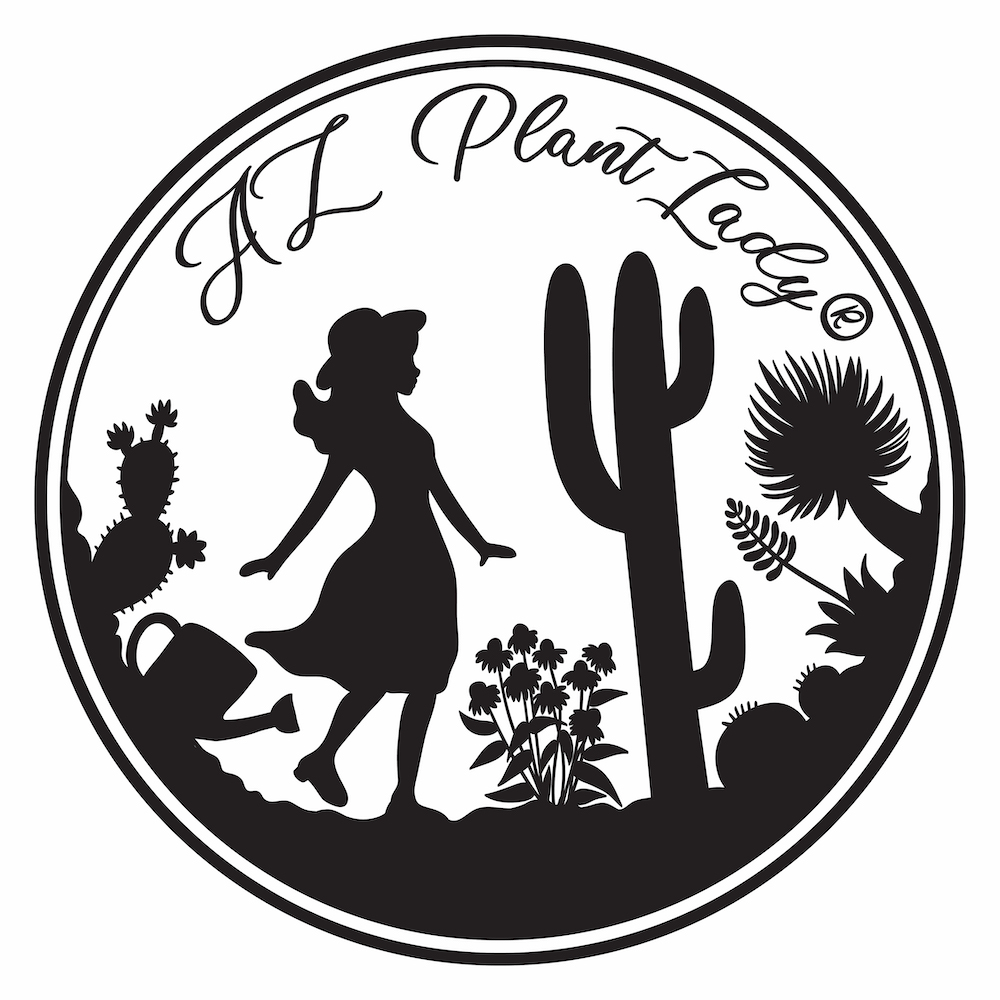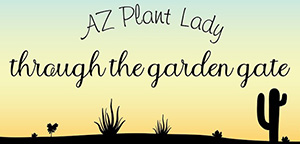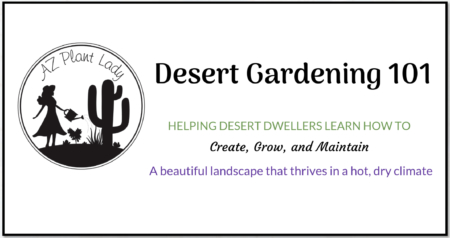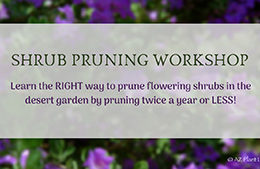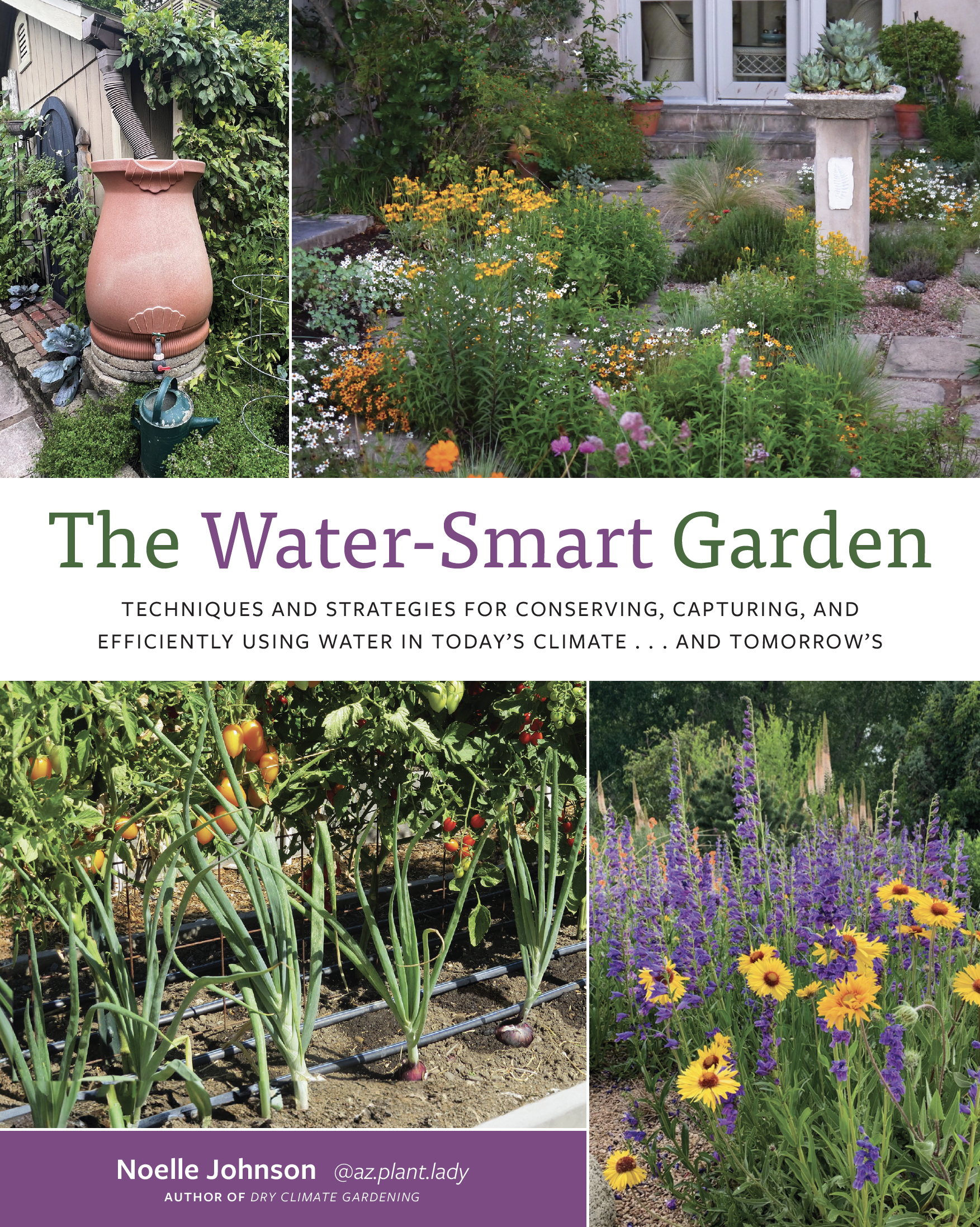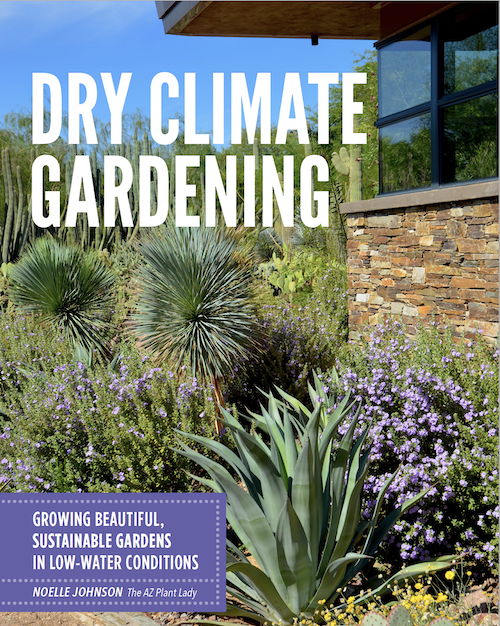When I am driving about town, I tend to look at the landscapes that I pass by. Usually, I tend to see some “landscape no-no’s”, which I like to share with you now and then.
But, I also take pictures of what I like to call “landscape do’s”. I realized the other day, that I tend to share with you bad examples of landscapes much more then the good ones, so here are a few that I saw the past couple of weeks…

I love Gold Lantana and how it flowers non-stop spring through fall. When planted next to boulders, you get a great contrast in textures.
What is even better about this arrangement, is how easy Lantana is to grow. Unlike many tropical climates, Lantana is not invasive in arid climates. Just water it regularly and prune it back hard in spring (6″ high), after the last frost. Periodically prune it back every 2 – 3 months, stopping pruning 3 months before the first frost date in your area.

Sometimes, I see great examples of desert trees that are properly pruned.
This Texas Ebony (Ebanopsis ebano formerly Pithecellobium flexicaule) is beautiful tree that is prized for its dark green foliage that is evergreen.
It does have thorns and gets seedpods, but it highly prized by those who live in the Southwest.

This nicely designed landscape was located next door to a house where I was visiting a client.
I like how the columnar cacti flank the entry on either side. Totem Pole (Lophocereus schotti ‘Monstrosus’) is on the left and has the bonus that it is thornless. Another favorite of mine, Mexican Fence Post (Pachycereus marginatus), which is one of the few cacti that I have in my own garden.
The yellows of the Golden Barrel (Echinocactus grusonii)with their rounded shapes contrast nicely with the spiky fans of Desert Spoon (Dasylirion wheeleri).
**Another bonus about this landscape is that it is extremely low-maintenance.

Scottsdale, Arizona
While stopped at an intersection in Scottsdale, Arizona, I noticed this distinctive landscaped area with contrasting spokes of a wheel fanning out from the sign.
Different sizes of gravel are often used to add interest to the landscape by the contrasts in size.
Agave and Aloe vera make up the plantings in the lighter colored spokes while Golden Barrel are used in the darker rip rap.
Well, these are just a small sampling of the “landscape do’s” that I have seen lately.
I hope you enjoyed seeing them and maybe will be inspired to replicate a couple of these plantings in your own landscape.
Golden Barrel Cacti – So Many Uses

